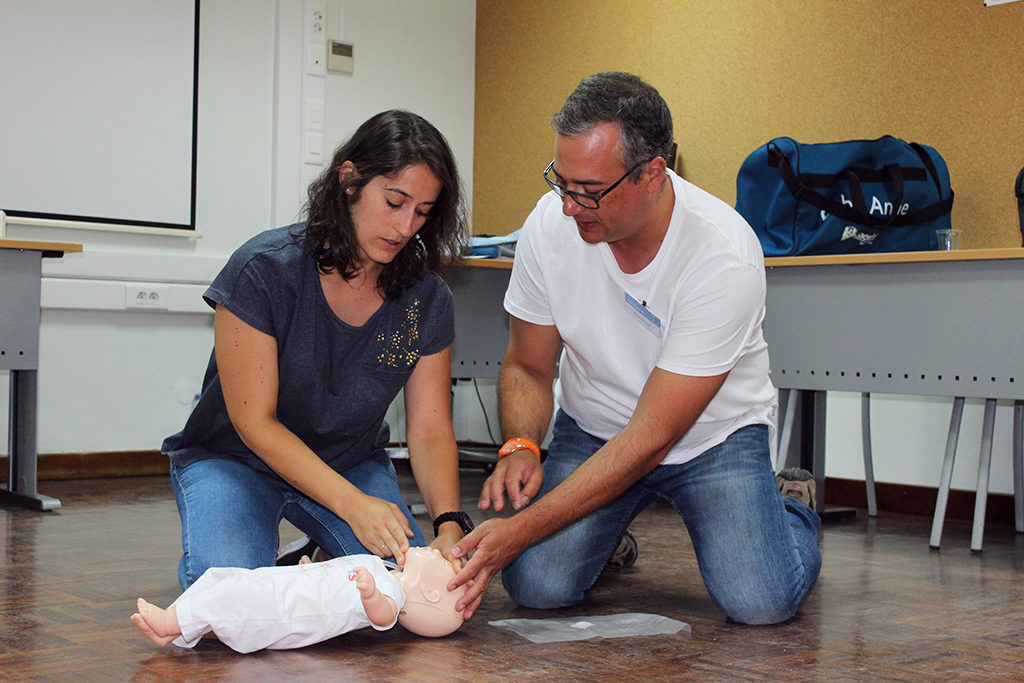 The full room, the questions from those who are really interested and the (great) desire to know more show that the students they are there to learn “life-saving gestures”. The first session of the Pediatric Basic Life Support (BLS) course was held on Saturday, July 8, at the Hospital de Faro, to teach parents how to react in case of drowning of their young children, for example.
The full room, the questions from those who are really interested and the (great) desire to know more show that the students they are there to learn “life-saving gestures”. The first session of the Pediatric Basic Life Support (BLS) course was held on Saturday, July 8, at the Hospital de Faro, to teach parents how to react in case of drowning of their young children, for example.
Nurse José Neutel, from the Department of Women, Children and Youth of the Hospital Center of the Algarve (CHA), is one of the responsible trainers. Before the practical part, in which a reanimation is actually simulated, it is necessary to teach the theoretical bases, related to the algorithm to be followed in such situations.
In addition to drowning, the other scenario in which how to act is taught in cases of choking. Because situations like this can easily happen to a child, for example, when they are being fed.
José Neutel explains: “we want to give people the skills and knowledge to, if necessary, help a victim of pediatric age”, that is, a baby or a child.
And which Basic Life Support techniques can be used soon? Compressing the lower third of the sternum or depressing a third of the chest are some examples. «The SBV is the fundamental pillar of a successful resuscitation», says the nurse, exemplifying time and again the necessary maneuvers.
Lina Lopes is a Portuguese teacher and decided to enroll because «I've always been very curious to learn more about the subject», she reveals to Sul Informação. “I could have read about these things before, but I think we have to see to know how to do it”, he adds, smiling.
This teacher is part of the 1200 registered for these courses, which will have two more sessions: on the 12th of August and the 2nd of September. The number of applications was so large that the CHA was forced to refuse many of them.
In fact, out of the 1200 registered, only 55 "happy" were selected. Also for this reason, the possibility of opening more dates for other sessions of this course is being considered.
José Neutel does not hide his pride in having this affluence and interest. “I see this as the population's willingness to learn and be aware of these situations. The hospital was very happy to have so many inscriptions».
After the explanation about the steps to be followed in a reanimation, it's time to recreate an (almost) real situation, with a puppet. Getting Basic Life Support, which includes resuscitation techniques, is the first step, but calling 112 is also always essential.
Lina Lopes comments: «we have the help of a professional… today it should be easier. When we're on the ground, it shouldn't be like that [laughs]. In a real situation, things are not so easy: we panic, we don't know how to act».
João Fonseca is another of the trainees of the day and is very happy with the experience. "This is very important. I came by chance: I discovered it on the Internet and, as I work daily with children, it was a good opportunity. One day, I can make a difference, if I have to," he says enthusiastically to the Sul Informação.
As a matter of fact, one of the selection criteria for the many applicants was also working – or not – with children. Even so, explains José Neutel, "if we use these teachings on an adult, there is no problem, especially if he is also a drowning victim."
This is the sixth year that Centro Hospitalar do Algarve promotes the course, in which it was a pioneer in the region. Many students they have already left there to know what this Basic Life Support is, to which many others will be added in the future.
Nurse José Neutel concludes with the recent story of a former trainee: “last week, I had the news of a person who had the opportunity to attend one of the courses and told me that, thanks to this knowledge, he managed to save a child”. This is exactly why the CHA promotes the Pediatric Basic Life Support course.
Photos: Pedro Lemos|Sul Informação
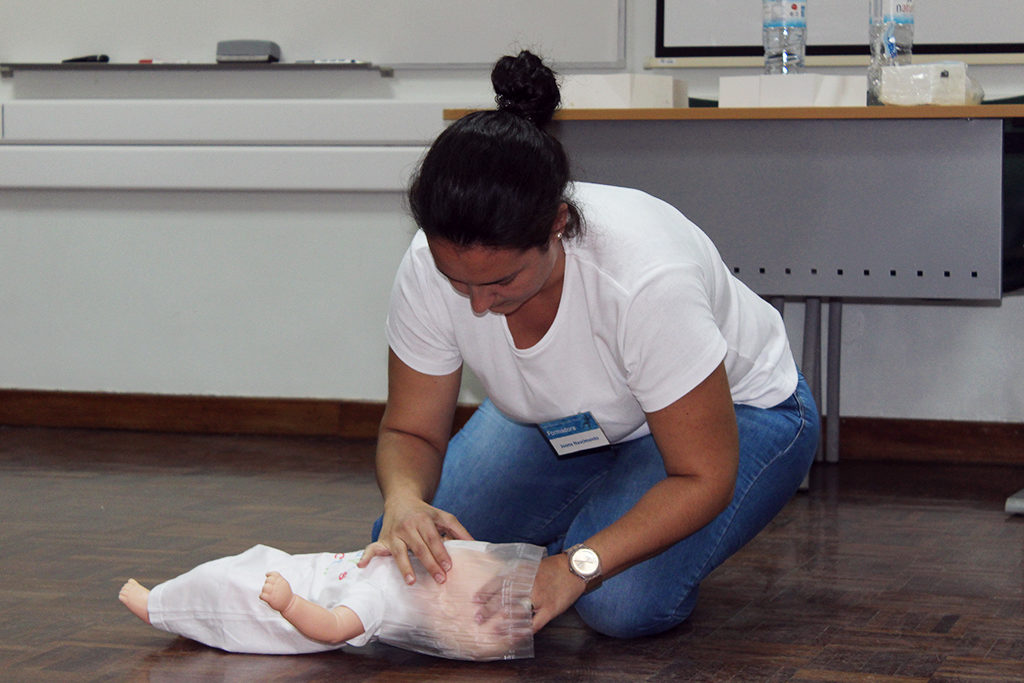
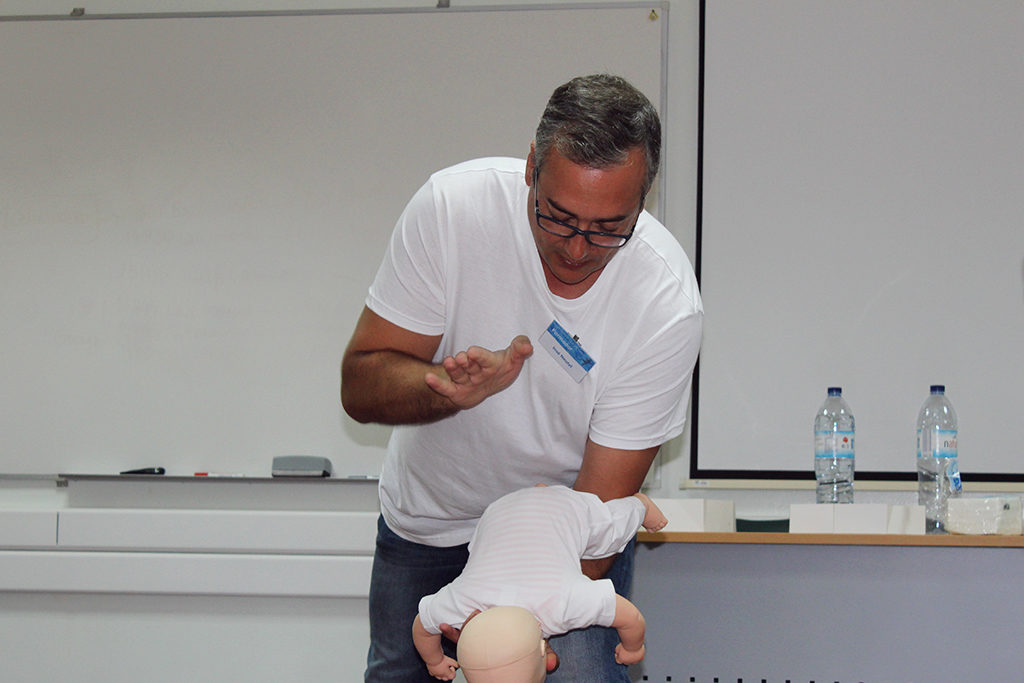
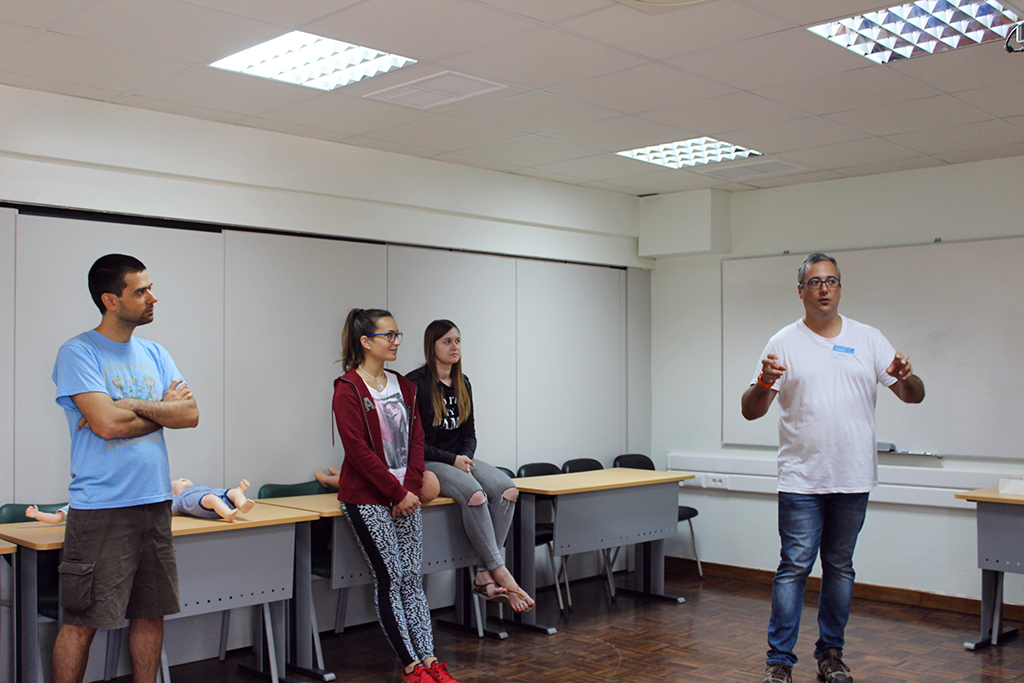
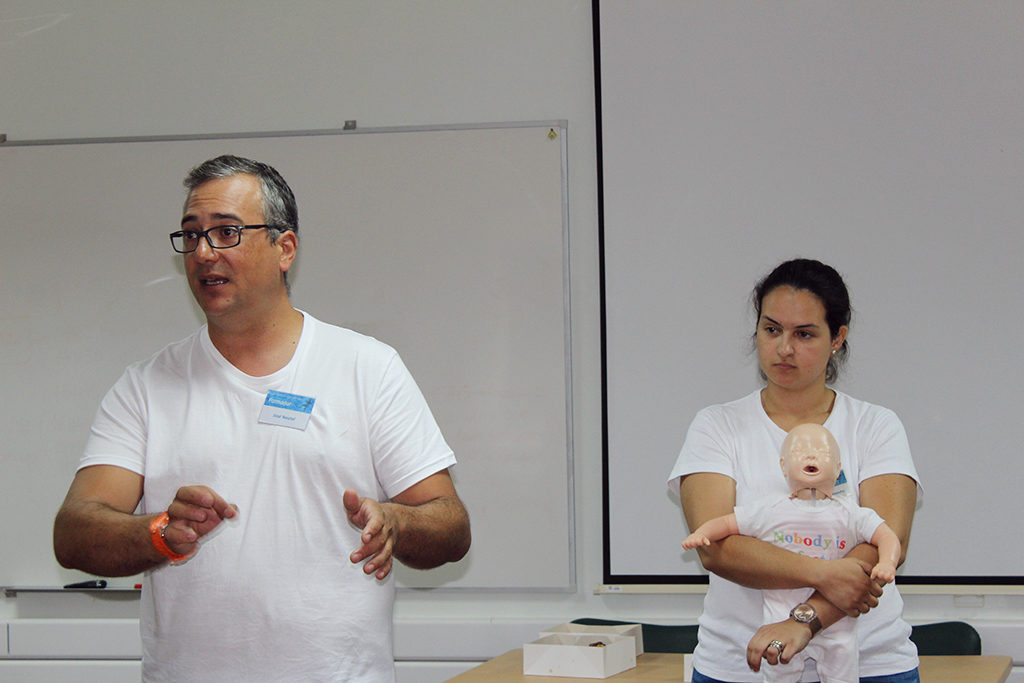
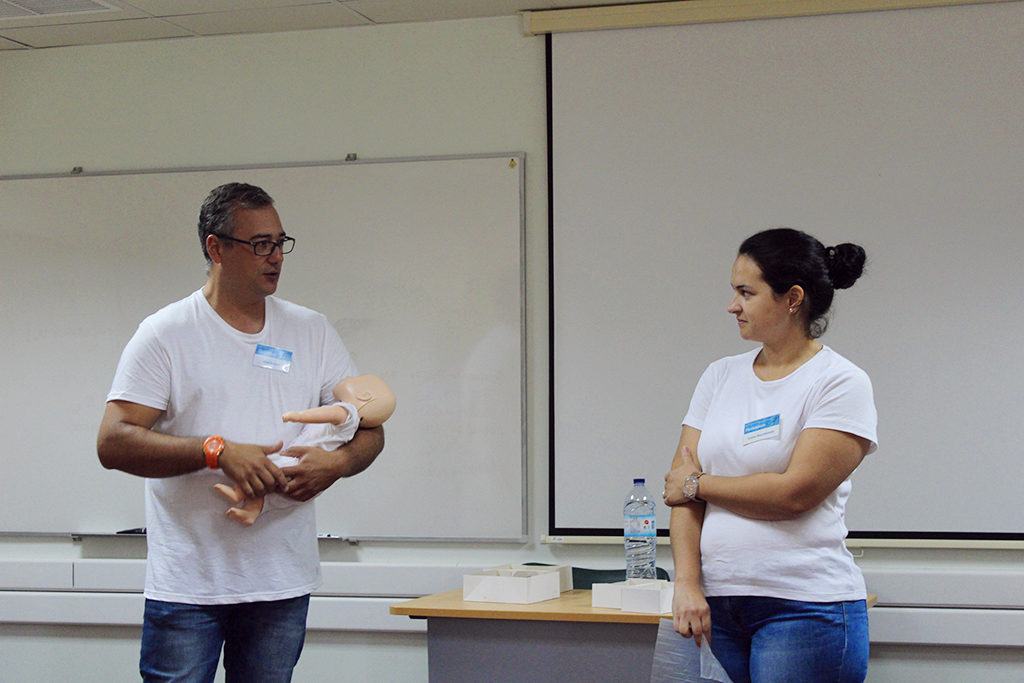
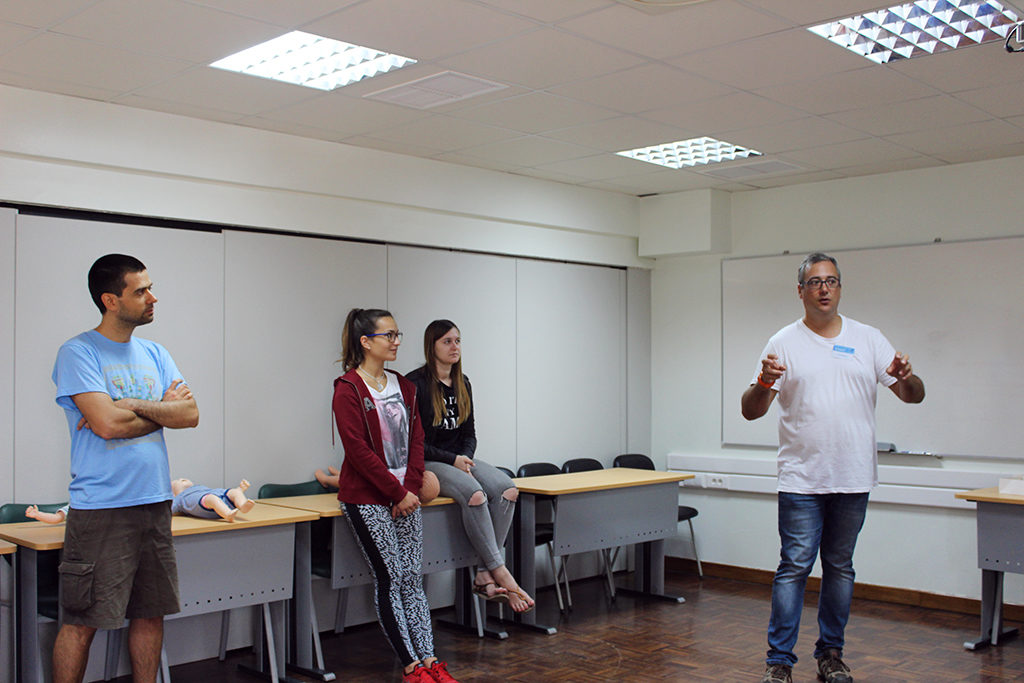
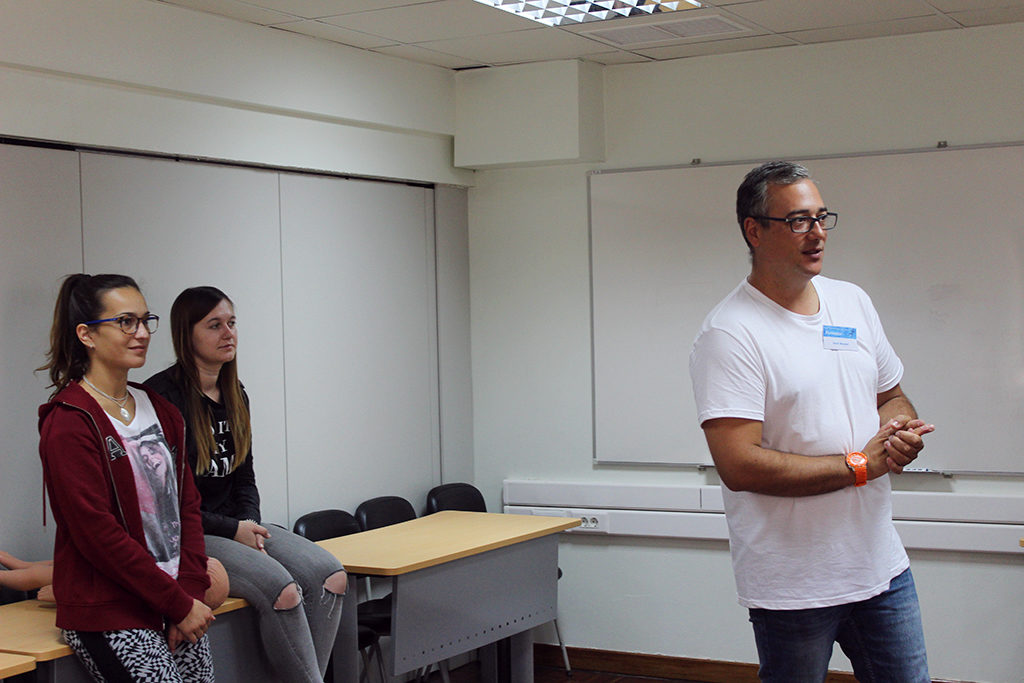
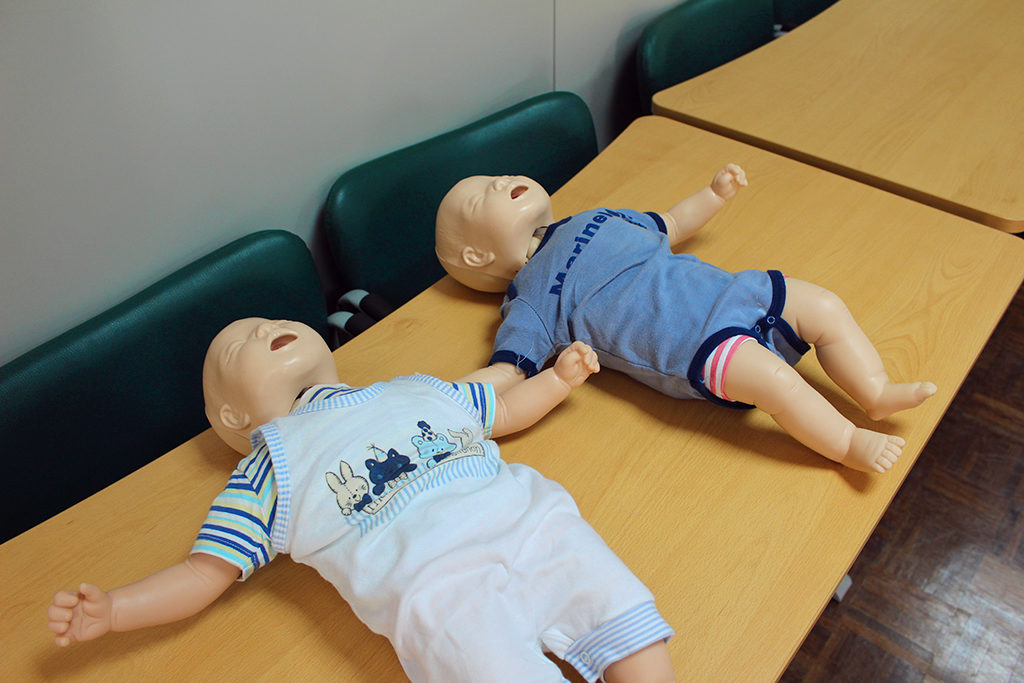
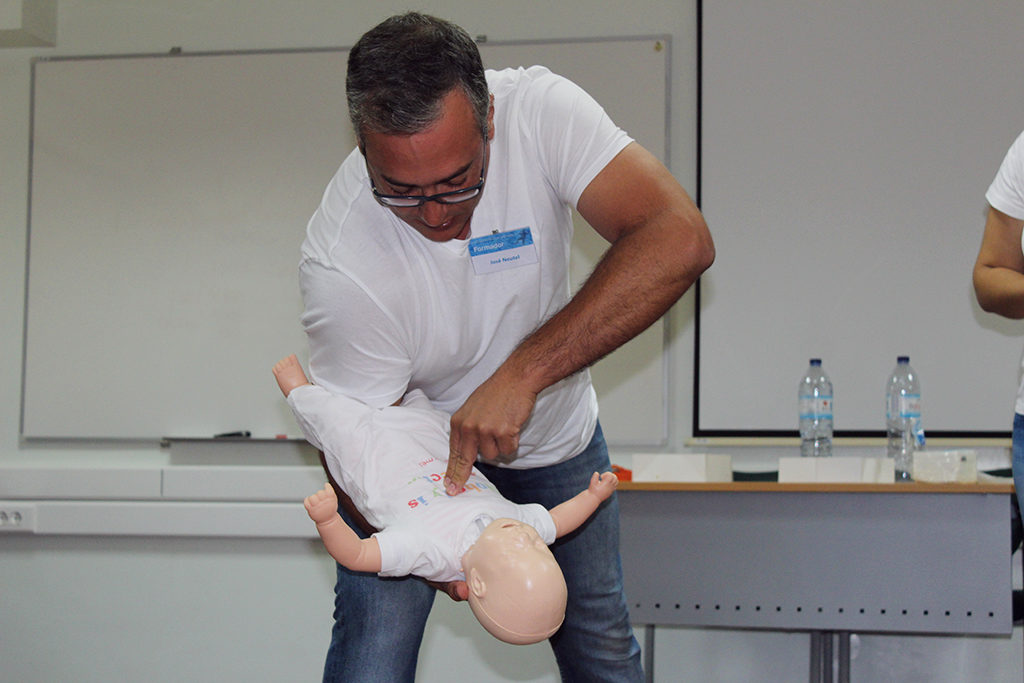
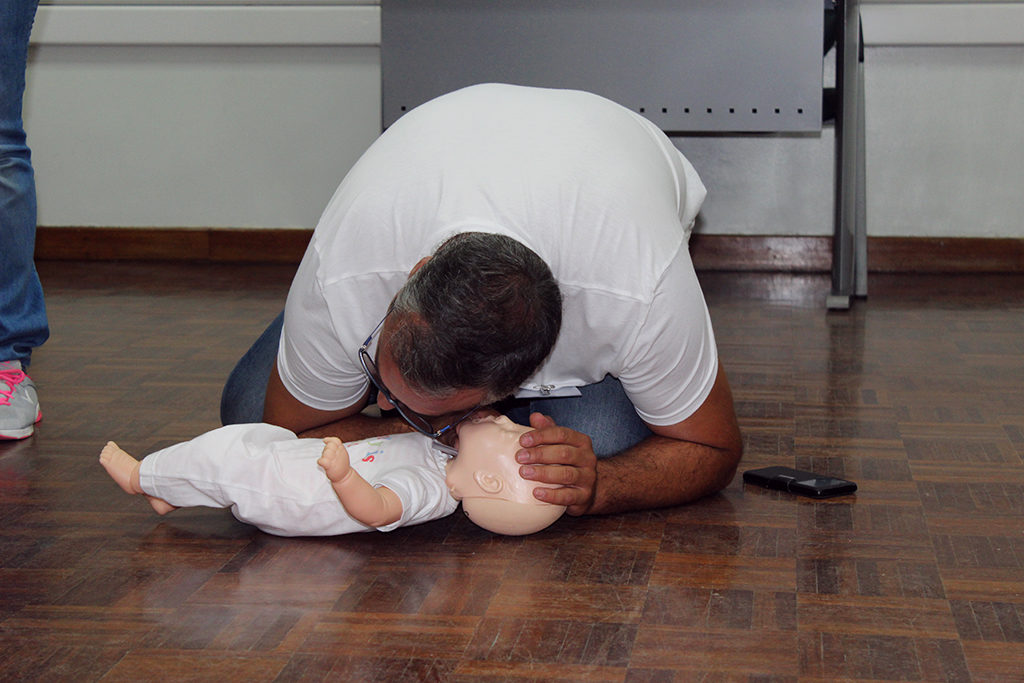
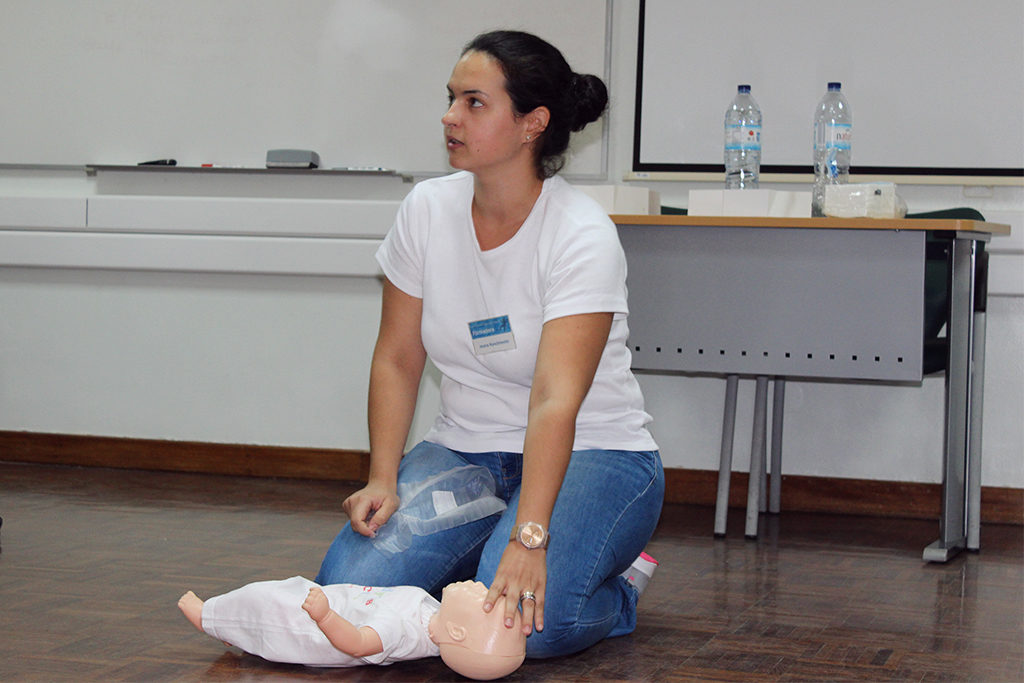
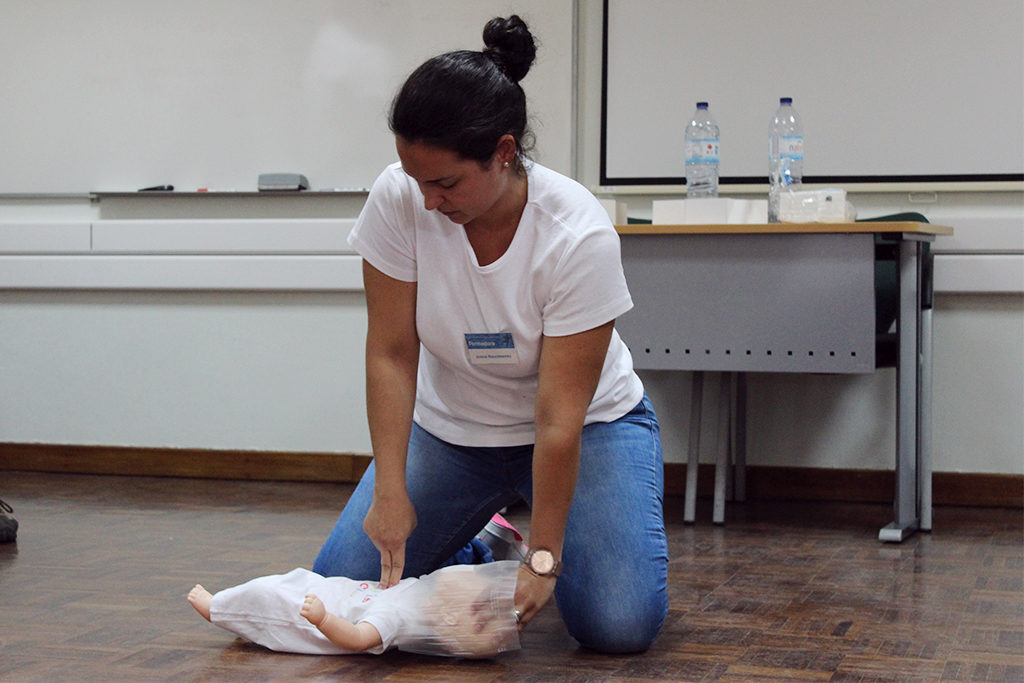
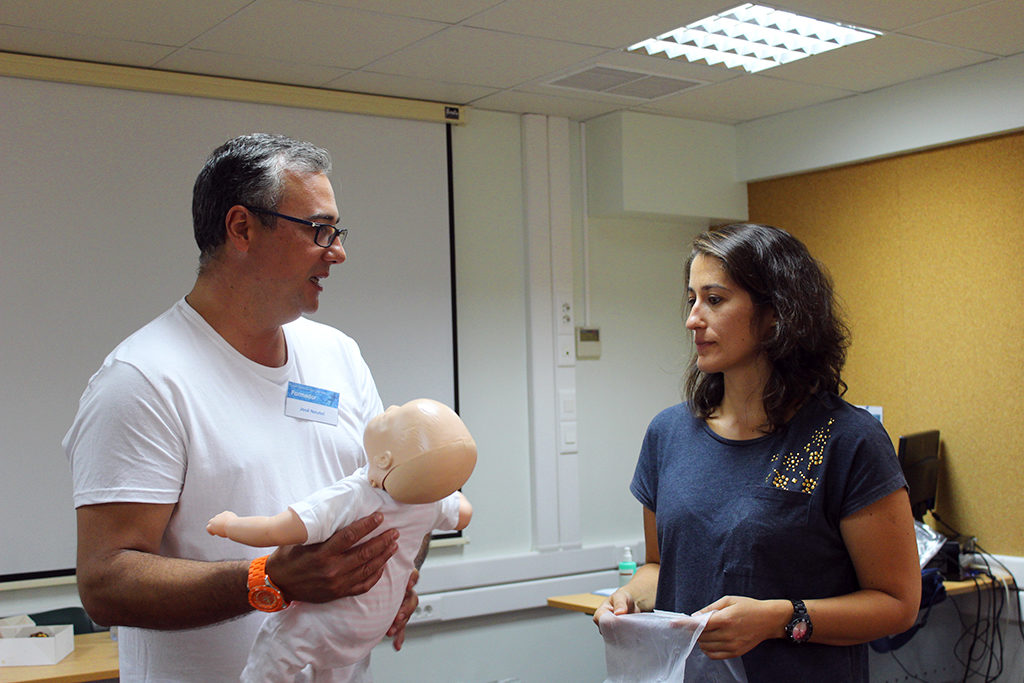
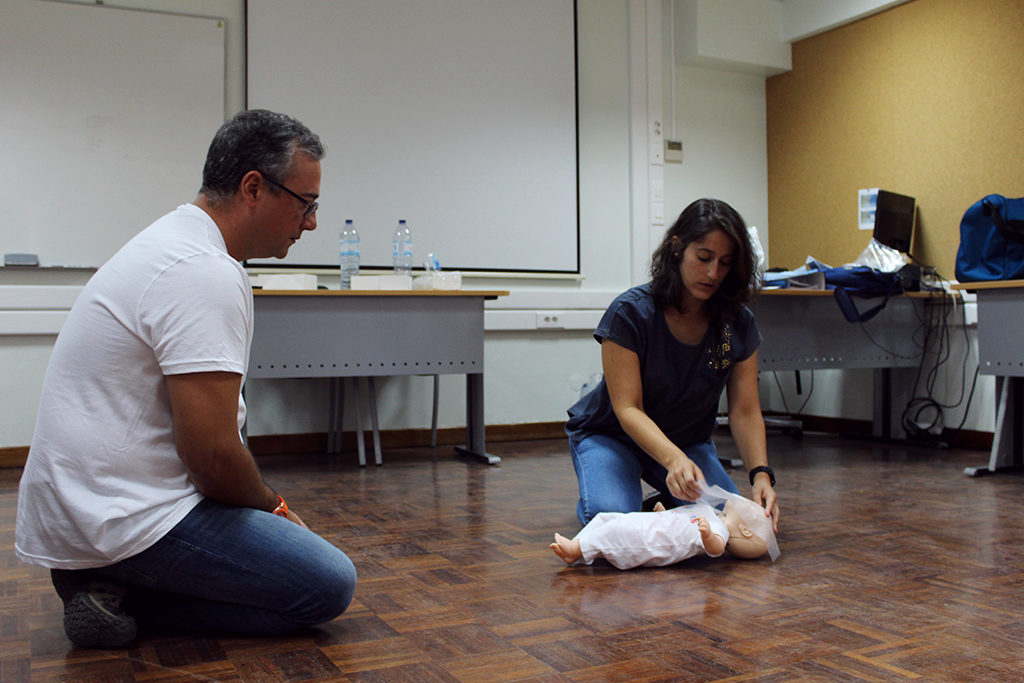
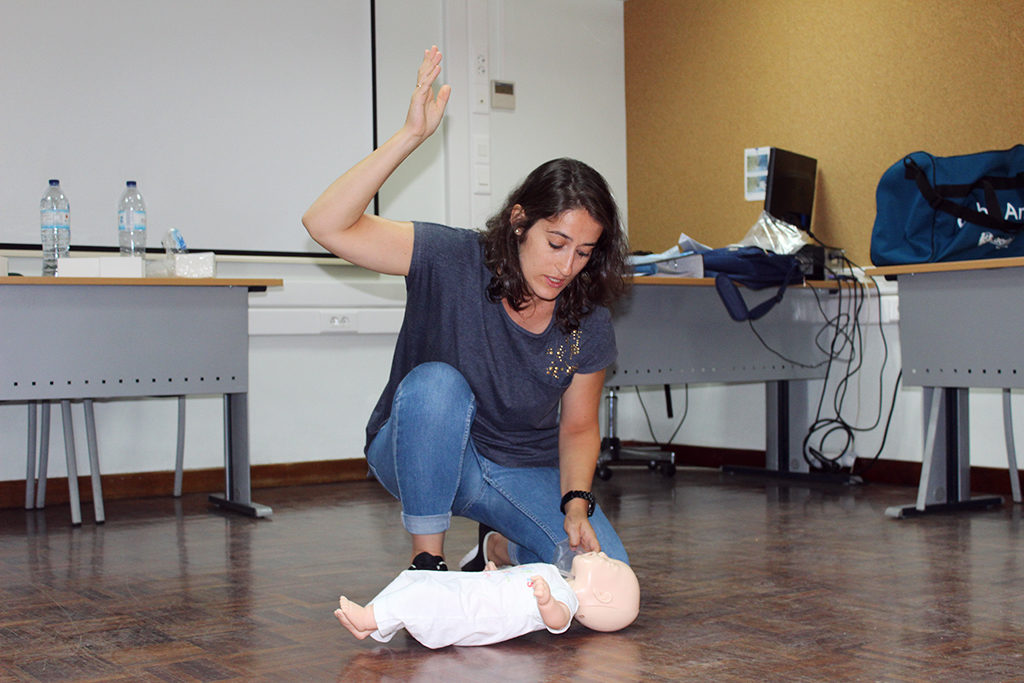
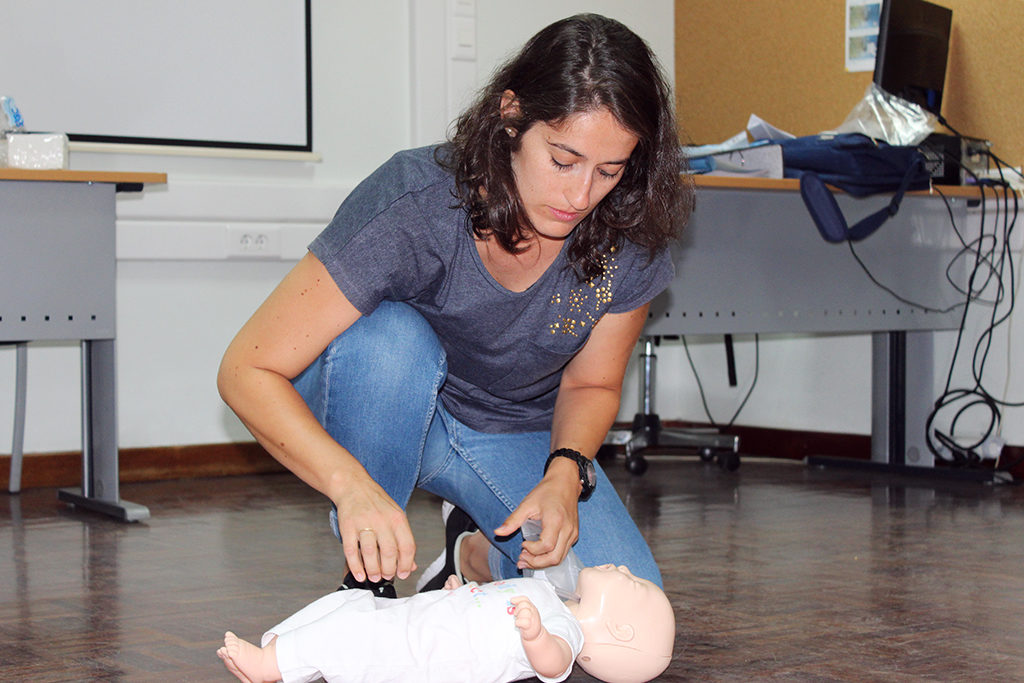
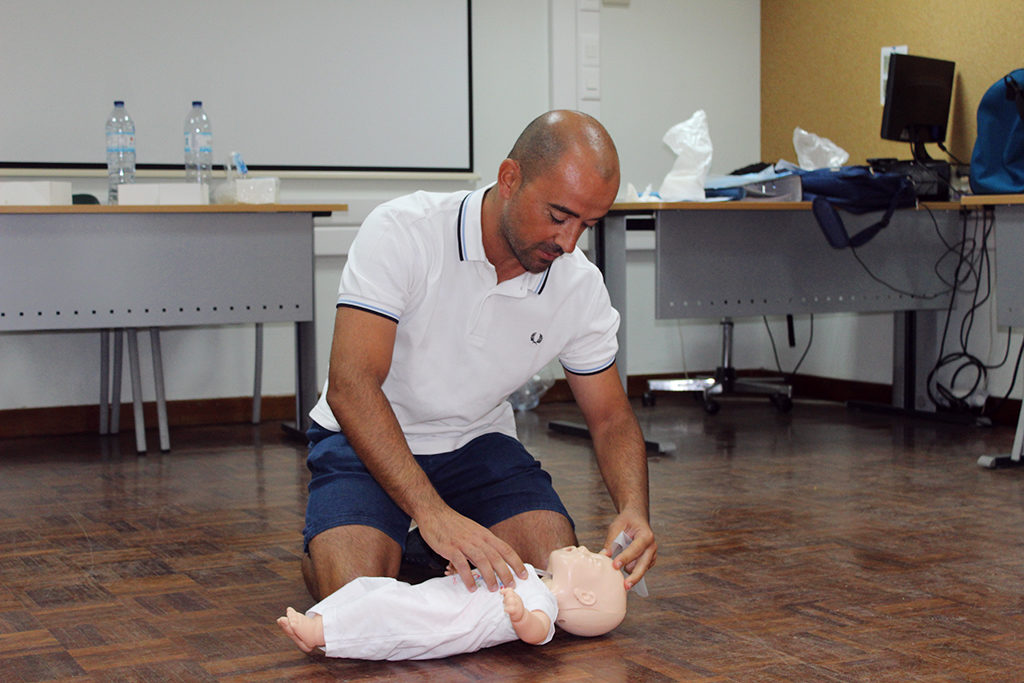
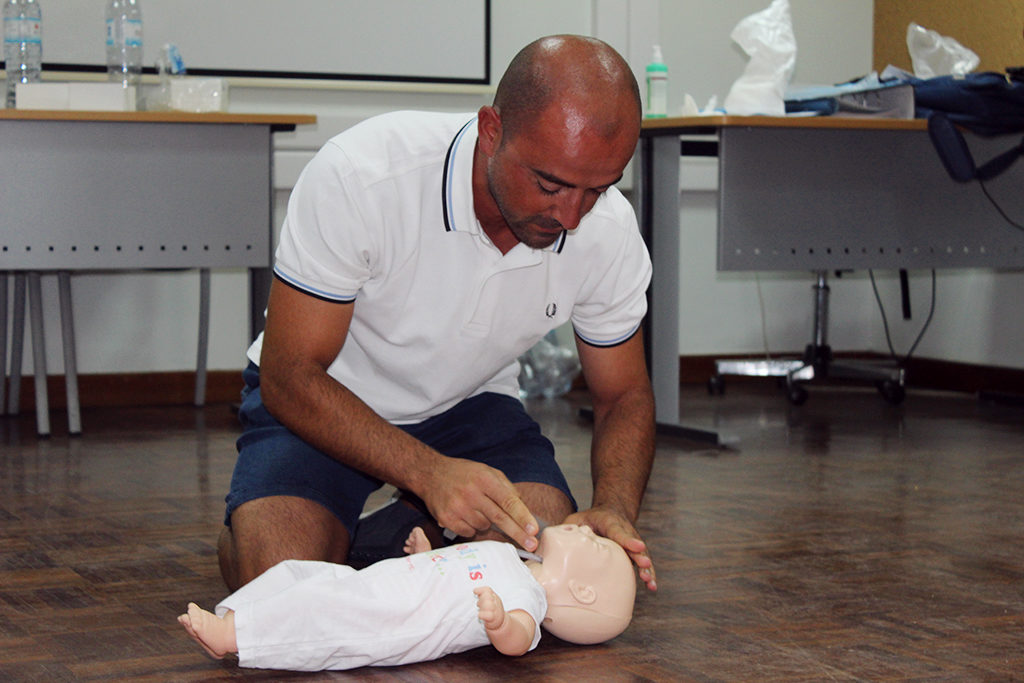


















Comments